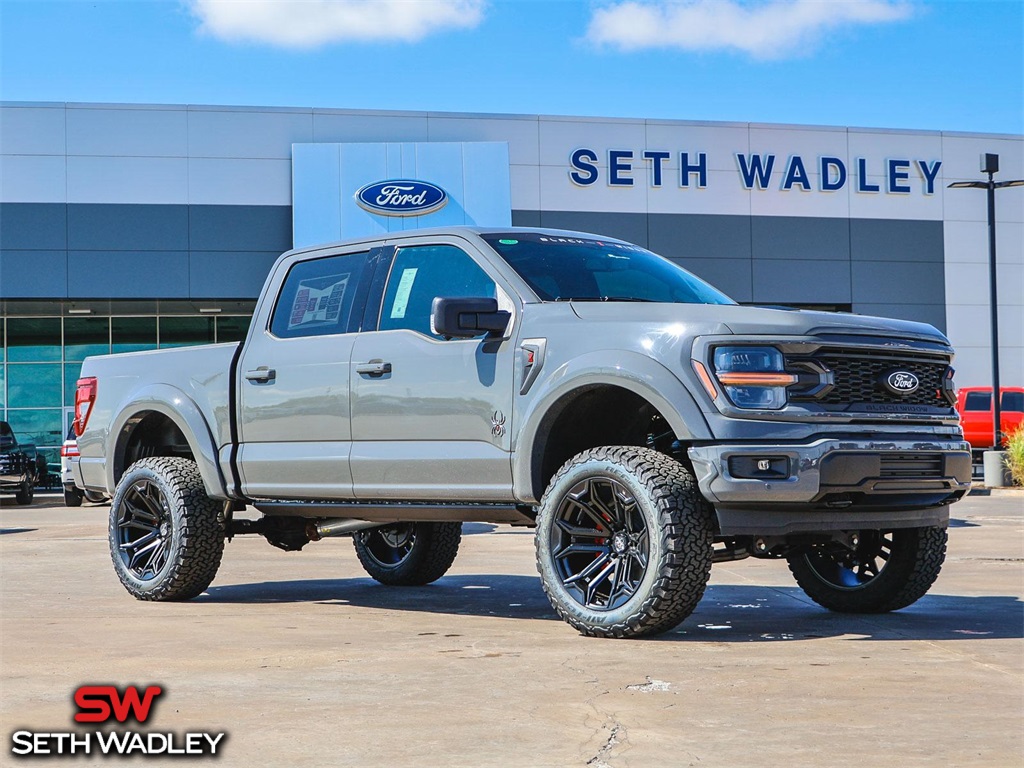What to Look for When Buying a Used Car
Purchasing a used car can be a smart financial decision, but it’s essential to know what to look for to ensure you’re making a wise investment. With so many options available, it can be overwhelming to navigate the used car market. This guide will help you identify key factors to consider, from the vehicle's history to its overall condition, so you can drive away with confidence.
Vehicle History Report
One of the first steps in buying a used car is obtaining a vehicle history report. This report provides crucial information about the car's past, including any accidents, title issues, and service records. Knowing the vehicle's history can help you avoid potential pitfalls and ensure that you’re making a sound purchase. Always ask the seller for this report or obtain it yourself through reputable services like Carfax or AutoCheck.
Inspecting the Car
Before finalizing your purchase, it’s vital to conduct a thorough inspection of the vehicle. Look for signs of wear and tear, such as rust, dents, or mismatched paint. Additionally, check the tires, brakes, and under the hood for any potential issues. If you're not confident in your ability to assess the car's condition, consider hiring a professional mechanic to perform a pre-purchase inspection. This step can save you from unexpected repairs down the line.
Test Drive the Vehicle
A test drive is an essential part of the used car buying process. It allows you to get a feel for the car's handling, comfort, and overall performance. Pay attention to how the vehicle accelerates, brakes, and turns. Listen for any unusual noises and ensure that all features, such as air conditioning and infotainment systems, are functioning properly. A thorough test drive can reveal a lot about the car's condition and help you make an informed decision.
Understanding the Price
Knowing the fair market value of the used car you’re interested in is crucial. Research similar models in your area to get an idea of the average price. Websites like Kelley Blue Book and Edmunds can provide valuable insights into pricing. Don’t hesitate to negotiate with the seller based on your findings. Understanding the price will empower you to make a better deal and ensure you’re not overpaying for the vehicle.
Financing Options
If you’re not paying cash for your used car, exploring financing options is essential. Many dealerships offer financing plans, but it’s wise to shop around for the best interest rates and terms. Consider getting pre-approved for a loan from your bank or credit union, as this can give you a better idea of your budget and strengthen your negotiating position. Understanding your financing options will help you make a more informed decision.
Finalizing the Purchase
Once you’ve found the right used car and agreed on a price, it’s time to finalize the purchase. Ensure that all paperwork is in order, including the title transfer and bill of sale. Review the terms of any warranties or return policies. Don’t rush through this process; take your time to ensure everything is correct and that you fully understand your purchase. A little diligence now can save you a lot of headaches later.
Enjoy Your New Ride!
After completing the purchase, it’s time to enjoy your new-to-you vehicle! Make sure to keep up with regular maintenance to ensure its longevity and performance. Remember, buying a used car is not just about the initial purchase; it’s about the journey you’ll take with it. With the right approach and knowledge, you can find a reliable used car that fits your needs and budget.


